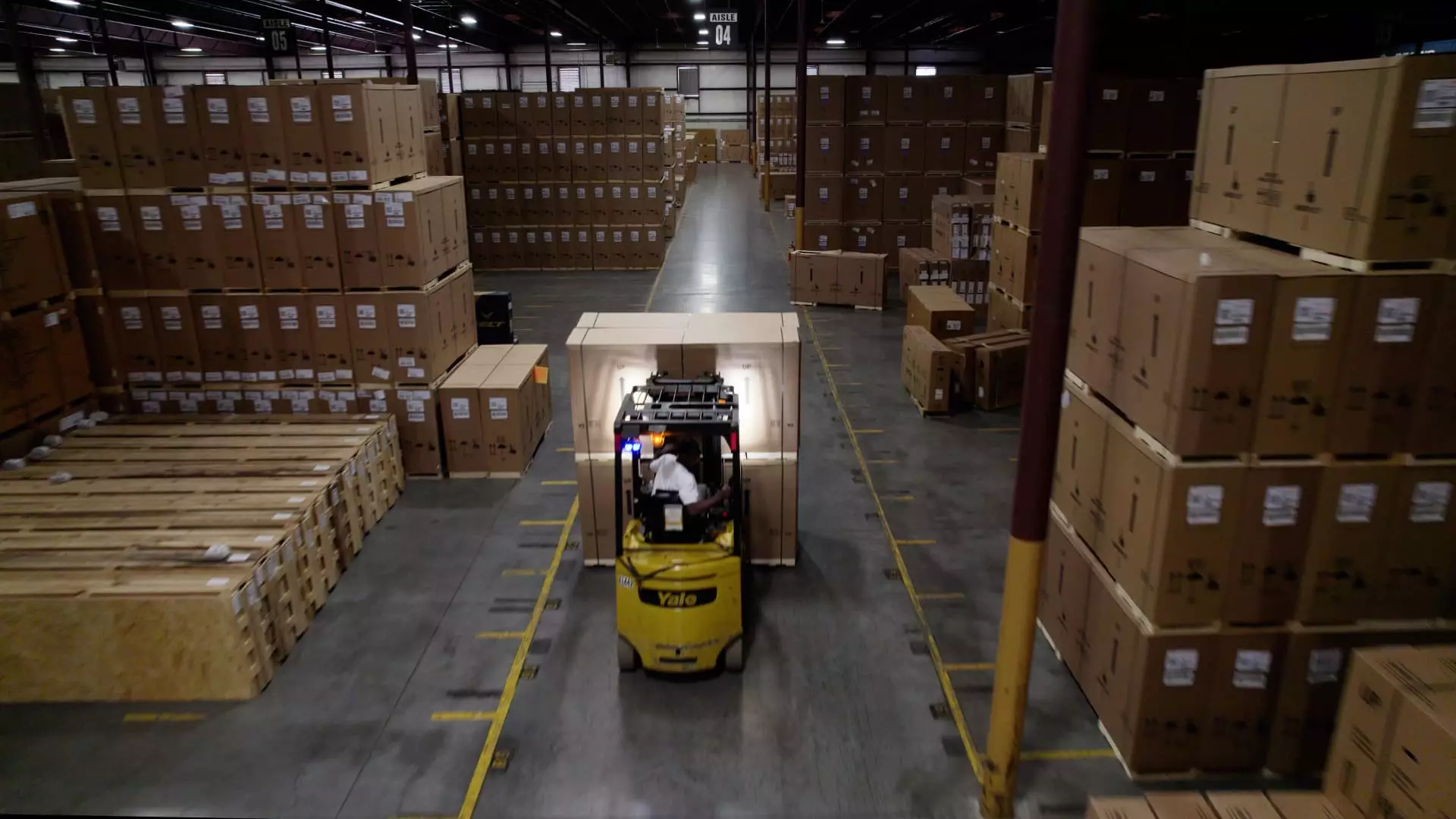In the complex arena of international commerce, companies are constantly seeking avenues to maximize profits while navigating unpredictable trade policies. Among these strategies, the use of U.S. Customs-sanctioned Foreign Trade Zones (FTZs) and bonded warehouses shines as a particularly cunning, yet controversial, approach. These zones act as a financial sanctuary where importing firms can delay or reduce the burden of tariffs—an advantage that can be transformational, or perilous, depending on how it is wielded. The critical importance of these zones lies in their capacity to serve as a flexible buffer in turbulent trade environments, effectively reshaping the economics of import-dependent industries.
Historically, FTZs have roots stretching back to the tumultuous economic times of the Great Depression, designed to stimulate trade and exports amidst staggering tariffs. They serve as “duty-free” zones, where raw materials, semi-finished goods, or components can sit indefinitely without incurring import duties until they are ready to enter U.S. commerce. This arrangement is a calculated strategy, enabling firms to conserve cash, mitigate risk, and possibly shift or re-export goods without additional fiscal consequences. At face value, the zone offers a strategic advantage—yet beneath that lies a deeper, more contentious reality: it can distort market dynamics, incentivize the strategic neglect of tariff reforms, and create an opaque environment that hampers transparency.
The Risks of Gaming the System in an Unsettled Trade Era
While the concept sounds like a boost for innovation and global competitiveness, the use of FTZs and bonded warehouses reveals some critical vulnerabilities. In recent years, shifting enforcement policies—particularly under President Trump’s administration—have challenged the previously fertile grounds for tax optimization. Notably, the end of exemptions like Pfizer’s COVID-19 vaccine manufacturing privileges highlights a troubling trend: the erosion of a well-established safety net that allowed foreign firms to operate with fewer fiscal constraints.
This policy shift underscores a fundamental concern. The ability to defer or entirely avoid duties can lead to distorted supply chains, encouraging companies to prioritize short-term financial gains over long-term strategic stability. When duties are deferred indefinitely, it introduces a problematic lag between production, inventory management, and market reality. Companies might keep inventory in FTZs for years, waiting for market conditions to improve or for tariffs to fall, which can lead to inflated inventories and distorted market signals. It raises questions about whether this chapter of trade policy, while advantageous in the short term, creates more risks and inefficiencies in the broader economic ecosystem.
Furthermore, the recent tightening of inverted tariffs—once a key benefit for manufacturers—has profound implications. When the perk of paying lower duties on finished products versus components disappears, firms like Regent Tek Industries face tangible financial challenges, pushing them into more precarious positions. The shift drives a move towards bonded warehouses, which provide flexibility but also introduce volatility—if tariffs decrease, imported goods stored in bonded warehouses can be released at lower costs, but if tariffs increase again, companies are left exposed. The strategic decision to hold or release inventory becomes a high-stakes gamble, reflecting the precarious balancing act businesses must perform in today’s turbulent trade environment.
The Ethical Dilemma and Market Implications
The broader question looms large: are these trade zones a legitimate tool for economic efficiency, or do they simply enable strategic evasion and market manipulation? On one side, proponents argue that FTZs foster competitiveness, allowing U.S. firms to stay agile against international rivals. They serve as financial tools that support innovation, job creation, and global trade resilience. On the other hand, critics contend that these zones risk undermining fairness and transparency in the global marketplace. They tempt some firms into gray areas—deliberately exploiting legal loopholes to postpone duties or skirt tariffs altogether—potentially leading to a race to the bottom in regulatory standards.
This tension reflects a deeper philosophical debate about trade policy. Should the government act as a facilitator for economic growth by providing strategic advantages, or should it strive for a level playing field devoid of elaborate tax-shifting tactics? As the global economy becomes more complex and interconnected, this question grows more pressing. A market dominated by such layers of strategic delay, rather than genuine productivity, threatens the integrity of fair trade principles and invites fierce debate about the balance of power between government regulation and corporate agility.
In this landscape, the role of policy becomes vital. Policymakers must wrestle with whether to tighten restrictions on FTZ practices or to embrace them as necessary tools for economic resilience. Either choice carries significant consequences—either risking a return to broader protectionism or encouraging unchecked loophole exploitation. Ultimately, the debate reveals a fundamental truth: the power to manipulate tariffs, whether through FTZs or bonded warehouses, is a double-edged sword—an instrument of strategic advantage, but also a potential catalyst for economic distortion.

